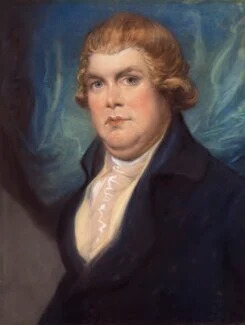
George Lawson
Exposition of the Book of Proverbs
A Righteous Man Regardeth the Life of His Beast: But the
Tender Mercies of the Wicked are Cruel
「1821」George Lawson, Exposition of the Book of Proverbs 「Google Books」 (「Post humorously Published」 Edinburgh, 1821) 233-235.
How presumptuous are those men who despise their inferiors, and look on their happiness and comfort as matters unworthy of their regard! Though kings and beggars share in the same common nature, they have less goodness towards their fellow-men, than the righteous have for their beasts. A righteous man’s mercy diffuses itself not only over the most abject of his neighbours, but even to creature without reason. he will not deprive his beast of its food and res, nor oppress it with unreasonable toil, nor sport himself with the misery and pain of those creatures which God hath subjected to his power. He considers them as servants to be
Heathens themselves were sensible of the mercy due to the animal creation. The Athenians excluded a man from a place in the government, because he killed a bird that fled to him for shelter; justly reasoning, that a man who could exercise cruelty to brutes, could not be safely trusted with the life or comfort of his fellow-men.
That God, whose goodness the righteous imitates, is good to all. In goodness he made and preserves the beasts. He would not suffer them to be all drowned in Noah’s flood, and he considered them in sparing Nineveh. There are many laws in the books of Moses guarding us against wanton oppression; and these laws, inconsiderable as they may appear to us, are fenced with promises and threatenings. And what is equally worthy of our regard on this head, God on one occasion opened the mouth of one of the most contemptible beasts, to plead the cause of the dumb creation, and an angle took its part.



